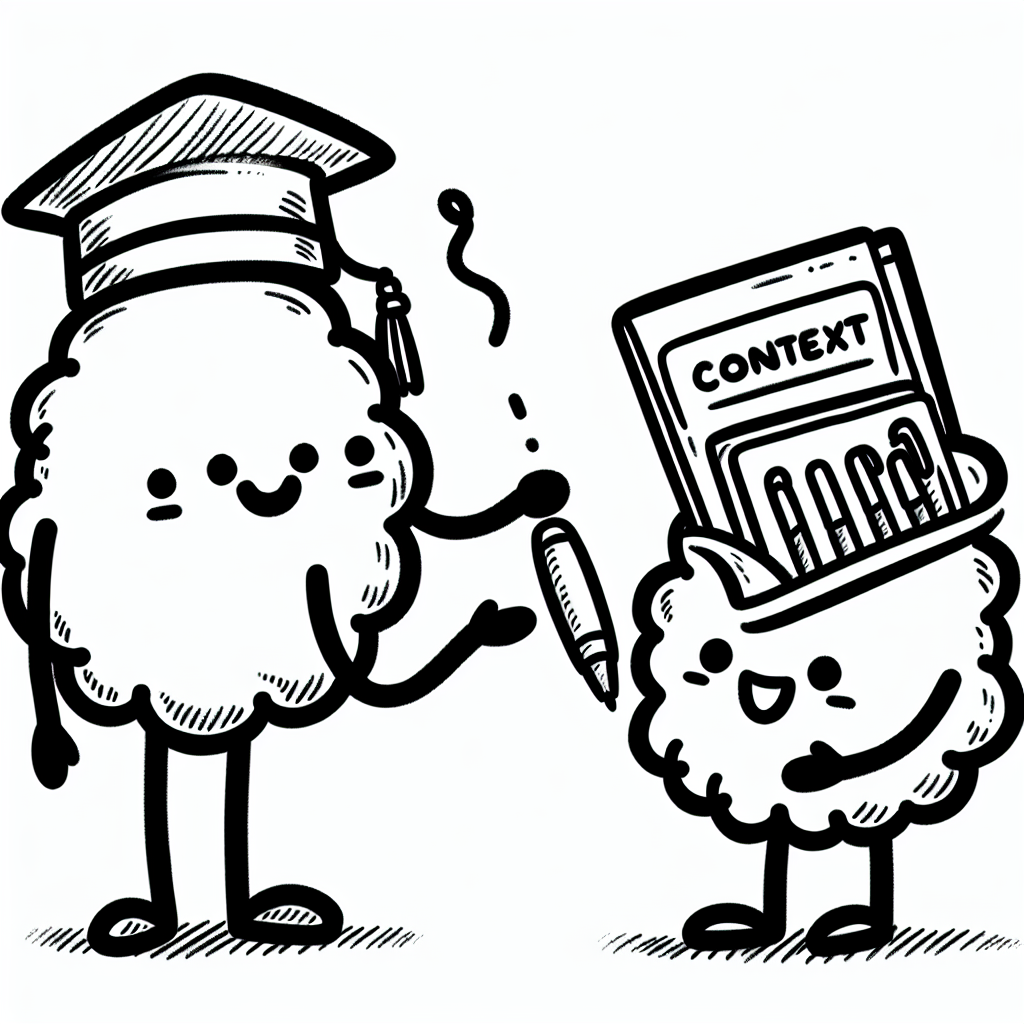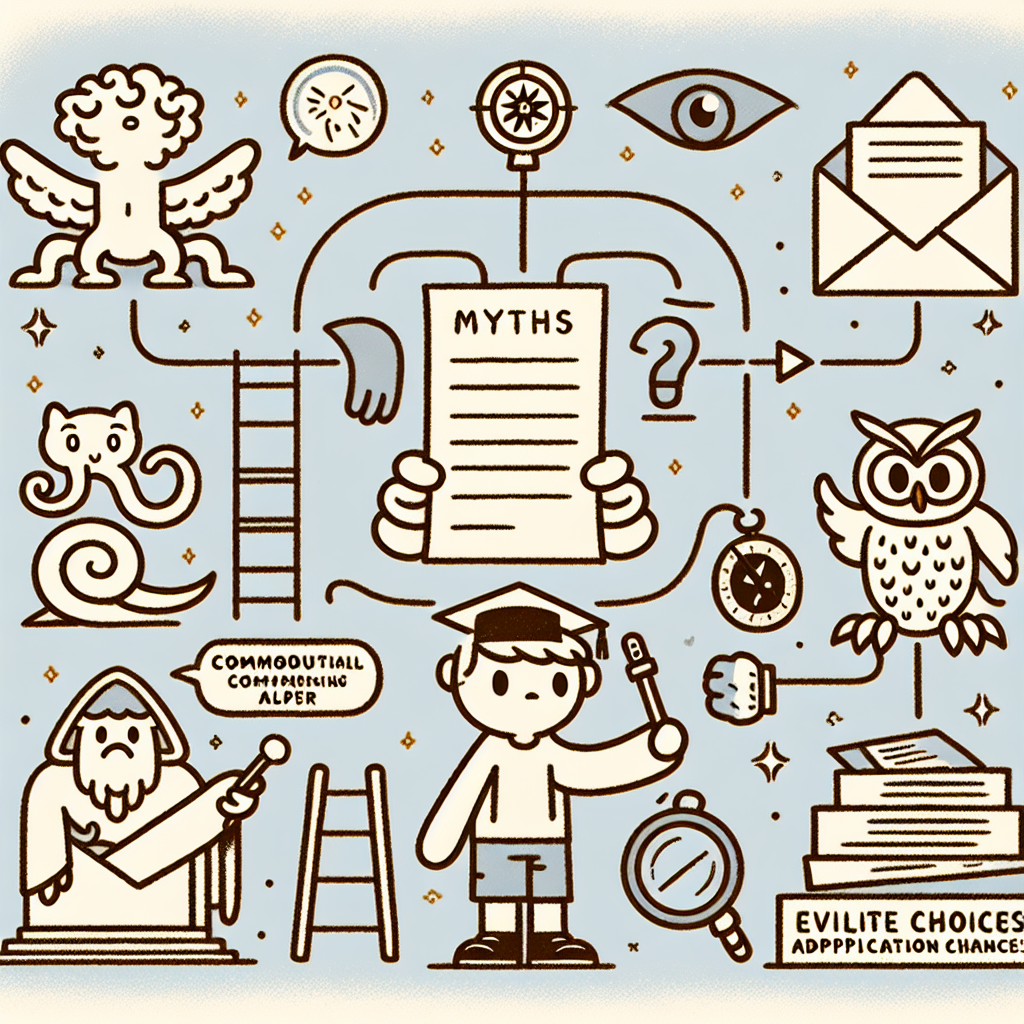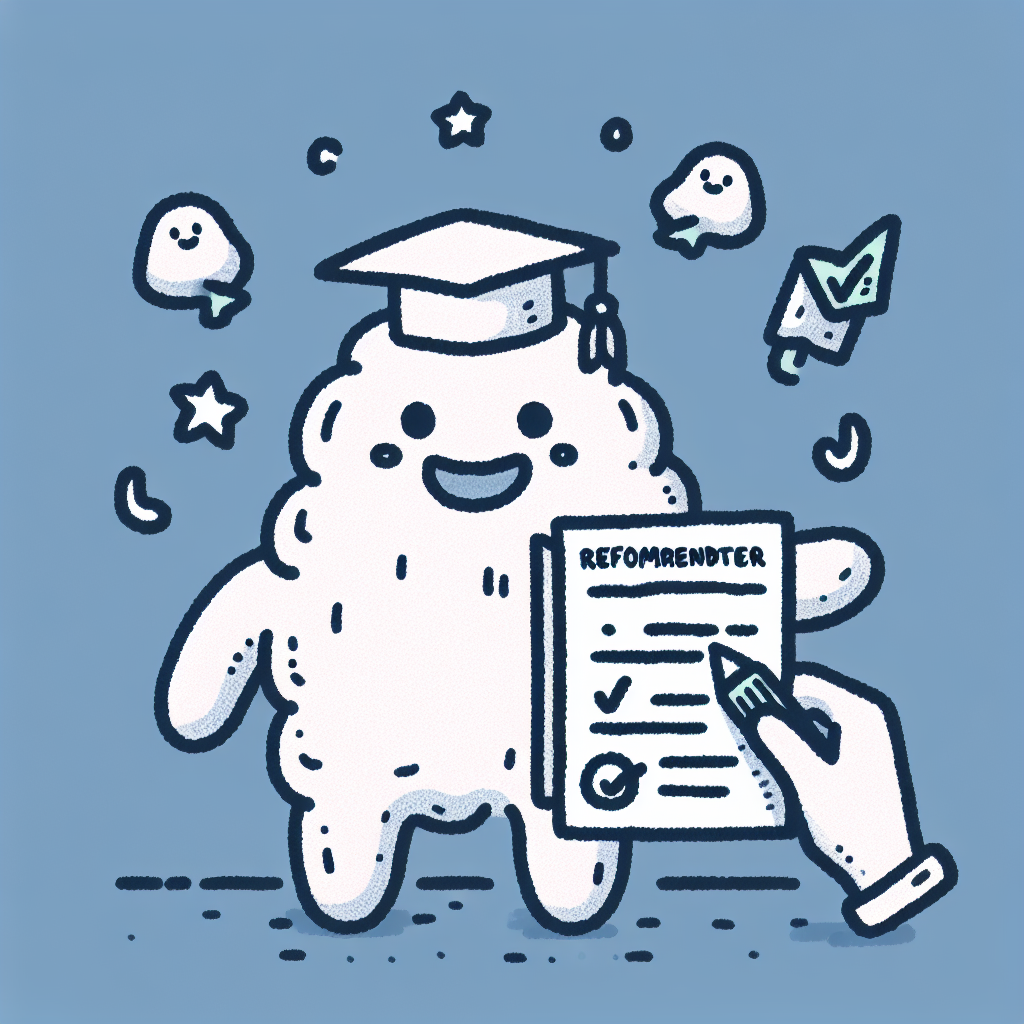Understanding the Role of Recommendation Letters in College Admissions
Why They Matter
College recommendation letters play a critical role in the admissions process by offering a personalized view of a student's character, work ethic, and potential. Unlike test scores or GPA, which reflect academic achievement in quantitative terms, recommendation letters provide qualitative insight into how a student engages with learning, contributes to their community, and handles challenges.
These letters act as third-party validation of a student’s strengths, highlighting academic abilities, extracurricular involvement, and interpersonal skills. They help admissions officers understand the individual behind the numbers and offer context that standardized metrics cannot convey. In a holistic admissions process, where schools consider the full scope of an applicant’s profile, recommendation letters serve as a vital piece of evidence. According to the College Admissions Calculator, strong recommendation letters can significantly enhance the strength of a well-rounded application.
How Colleges Use Them
Colleges use college recommendation letters to assess soft skills that are not easily measurable through transcripts or test scores. Traits such as leadership, resilience, collaboration, and integrity often emerge through the anecdotes and observations shared by teachers and counselors. These insights help admissions committees evaluate whether a student will thrive in their academic and social environment.
Recommendation letters also provide context to a student’s achievements and any obstacles they may have faced. For example, a teacher might explain how a student maintained strong performance despite personal challenges, offering a fuller picture of the student’s determination and growth. As noted in Narrowing Your Choices, many colleges weigh recommendation letters heavily when deciding between equally qualified candidates.

Choosing the Right Recommenders
✅ Who to Ask
When requesting a college recommendation letter, it's crucial to select individuals who can genuinely speak to your strengths, achievements, and growth. Ideally, choose teachers who have taught you recently in core academic subjects like math, science, English, or history. They can offer direct insight into your performance, participation, and potential.
Mentors, advisors, or supervisors who know you outside of the classroom are also strong choices. These individuals may have worked with you on independent projects, research, or volunteer activities and can highlight your initiative, problem-solving skills, and work ethic.
Additionally, coaches or activity leaders with whom you’ve had meaningful interactions can provide valuable perspectives on your character, leadership, and commitment. Their endorsements help paint a fuller picture of who you are beyond academics.
🚫 Who Not to Ask
Avoid asking people who are well-known but don’t know you personally. A letter from a prominent figure who can’t speak to your specific qualities will lack authenticity and depth. As U.S. News & World Report explains, one common myth is that a famous recommender will automatically strengthen your college recommendation letter, but admissions officers value substance over name recognition.
It’s also generally discouraged to ask family members or close friends. Their relationships with you may be seen as biased, and they typically lack the professional or academic context needed to provide an objective assessment. Choosing recommenders who can speak to your qualifications with clarity and credibility is essential for a strong college recommendation letter.

🗓️ When and How to Ask for a Letter
⏰ Timing Your Request
When seeking a college recommendation letter, timing is critical. The best time to ask is during the spring of your junior year or the early fall of your senior year. This allows your recommender ample time to craft a thoughtful and thorough letter. Aim to give at least 4–6 weeks' notice before the earliest college deadline. This buffer helps ensure your recommender isn’t rushed and can meet all submission timelines.
🗃️ Preparing Your Materials
To help your recommender write a strong college recommendation letter, you should provide a well-organized set of background materials. This includes a brag sheet or resume that outlines your academic achievements, extracurriculars, and leadership roles. You should also share a list of the colleges you're applying to, along with each school's specific deadlines. Including your personal statement or a short bio can give your recommender insight into your goals and personality. According to U.S. News, supplying these materials helps your recommender tailor the letter to support your application.
🗣️ Making the Ask
When you're ready to ask for a college recommendation letter, do so respectfully. If possible, make the request in person. If that’s not feasible, send a polite and thoughtfully written email. Let them know why you’re asking them specifically—perhaps they’ve seen your growth in a subject or witnessed your leadership firsthand. Be clear about what you hope they might highlight in the letter. Always provide a graceful way for them to decline, recognizing that writing a quality letter takes time and effort.

🧾 Writing Tools for Recommenders
📘 What Makes a Strong Letter
A strong college recommendation letter includes specific anecdotes and concrete examples of a student's character and achievements. Rather than vague praise, recommenders should describe how the student has demonstrated qualities such as leadership, resilience, or empathy through real experiences. For example, detailing a student's role in organizing a school event or overcoming a personal challenge provides admissions officers with a tangible sense of who the student is.
In addition, effective letters often highlight a student's growth over time. Whether it's academic improvement, increased confidence, or enhanced collaboration skills, showing progress paints a dynamic and compelling portrait. It's also important for the letter to speak to the student's interpersonal skills—how they interact with peers, contribute to classroom discussions, or engage in extracurricular activities.
The content should also align with the student’s academic interests and college goals. If a student plans to major in biology, the recommender might discuss their curiosity in science, participation in lab projects, or independent research. This alignment helps colleges see the student’s preparation and passion for their chosen field.
🧠 Guiding Your Recommenders
Students can support their recommenders by offering helpful context and suggestions. One effective approach is to politely suggest key themes or values for the recommender to emphasize—such as a strong work ethic, creativity, or a commitment to service. This guidance can help shape a focused and relevant college recommendation letter.
If a student has faced academic challenges—such as a low grade in a particular semester—it's helpful to provide context so the recommender can address it in the letter. Explaining any personal difficulties or external factors can clarify anomalies in the academic record and show resilience.
Finally, students should communicate their future goals and intended major. This allows recommenders to tailor their letters to highlight traits and experiences that support the student's aspirations, making the college recommendation letter more personalized and compelling.

📬 Managing the Submission Process
🛠️ Platform Logistics
When handling the submission of a college recommendation letter, it's essential to use the appropriate platforms. Most colleges accept letters through systems like the Common App, Naviance, or the Coalition App. These platforms allow students to assign recommenders, track the progress of submissions, and ensure that all required materials are received by each college.
Before assigning recommenders, double-check each school's specific requirements. Some institutions may have unique guidelines, such as asking for subject-specific letters or limiting the number of letters accepted. Also, confirm all deadlines to ensure recommenders have sufficient time to submit their letters without last-minute pressure.
🔄 Sending Reminders
Even the most organized recommenders can use a gentle reminder. It's a good practice to follow up with them about 1–2 weeks before the college recommendation letter is due. Keep your message polite and appreciative, expressing gratitude for their time and support. Avoid sounding pushy or demanding—recommendation letters are favors, and maintaining a respectful tone is key.

💌 Showing Gratitude
✍️ Writing a Thank You Note
After your college recommendation letter has been submitted, it's important to show appreciation to the person who wrote it. A thank you note—whether handwritten or sent via email—goes a long way in acknowledging their time and effort. In your message, express how much you value their support and highlight the impact their recommendation may have on your college application journey.
Example: "Thank you so much for taking the time to write my college recommendation letter. I truly appreciate your support and the thoughtful way you captured my strengths. Your help means a great deal to me."
🎁 Optional Tokens of Appreciation
While not required, small tokens of appreciation can be a nice gesture. Simple items like a coffee shop gift card, a homemade treat, or a favorite snack can show thoughtfulness without being excessive. These gestures should be appropriate and modest, focusing on the sentiment rather than the value.

Common Mistakes to Avoid
When it comes to securing a strong college recommendation letter, avoiding common missteps can make a big difference. Here are several pitfalls students should steer clear of:
Waiting Too Long to Ask
Timing is crucial. Waiting until the last minute to request a college recommendation letter can leave your recommender rushed or unable to say yes at all. Most teachers and counselors have multiple requests during application season, so giving them at least a month’s notice is respectful and strategic.
Choosing a Recommender Based on Title
It may be tempting to ask someone with an impressive title, like a principal or department head, but if they don’t know you well, the letter will likely be generic. A detailed, personal letter from a teacher who knows your work and character is far more impactful than one from a high-ranking staff member with limited interaction.
Failing to Give Context or Materials
Recommenders need context to write a meaningful letter. Failing to provide your resume, a list of accomplishments, or insight into your college goals can lead to a vague or incomplete letter. Supplying relevant materials helps the recommender highlight your strengths in alignment with your application.
Overloading One Teacher with Too Many Requests
While some teachers may be popular choices, asking one person to write too many letters—especially for several different schools—can lead to burnout and lower-quality recommendations. Spread out your requests among teachers who know you well to ensure each letter is thoughtful and specific.

📚 Additional Resources
For students navigating the process of securing a college recommendation letter, the following resources offer valuable guidance:
- How to Ask for a Letter of Recommendation for College: A step-by-step guide on how to approach teachers and mentors for a college recommendation letter.
- 4 Myths About U.S. College Recommendation Letters: Clarifies common misunderstandings about what college recommendation letters entail and how they are evaluated.
- College Admissions Playbook: Offers expert advice on all aspects of college admissions, including how to incorporate a strong college recommendation letter into your application strategy.
- Narrowing Your Choices: Discusses how factors like a college recommendation letter can influence your final school decision.
- College Admissions Calculator: A tool that helps students understand how different application components, including the college recommendation letter, affect their chances of admission.

Final Checklist
Before submitting your college applications, use this final checklist to ensure your college recommendation letter process is complete:
- ✅ Identified the best-fit recommenders: Choose teachers, counselors, or mentors who know you well and can speak to your academic and personal strengths.
- ✅ Asked them early with all necessary materials: Provide your recommenders with your resume, a list of colleges, deadlines, and any relevant accomplishments well ahead of time.
- ✅ Tracked deadlines and submissions: Keep a detailed record of each school's requirements and ensure that your letters are submitted on time.
- ✅ Sent reminders and thank-you notes: Politely remind recommenders as deadlines approach and express your gratitude with a thank-you note after submission.
- ✅ Reviewed your college list to ensure all requirements are met: Double-check that each institution has received the correct number of recommendation letters and that they meet specific guidelines.
By following this guide, students can secure recommendation letters that authentically reflect their strengths and significantly enrich their college applications.







.png)






